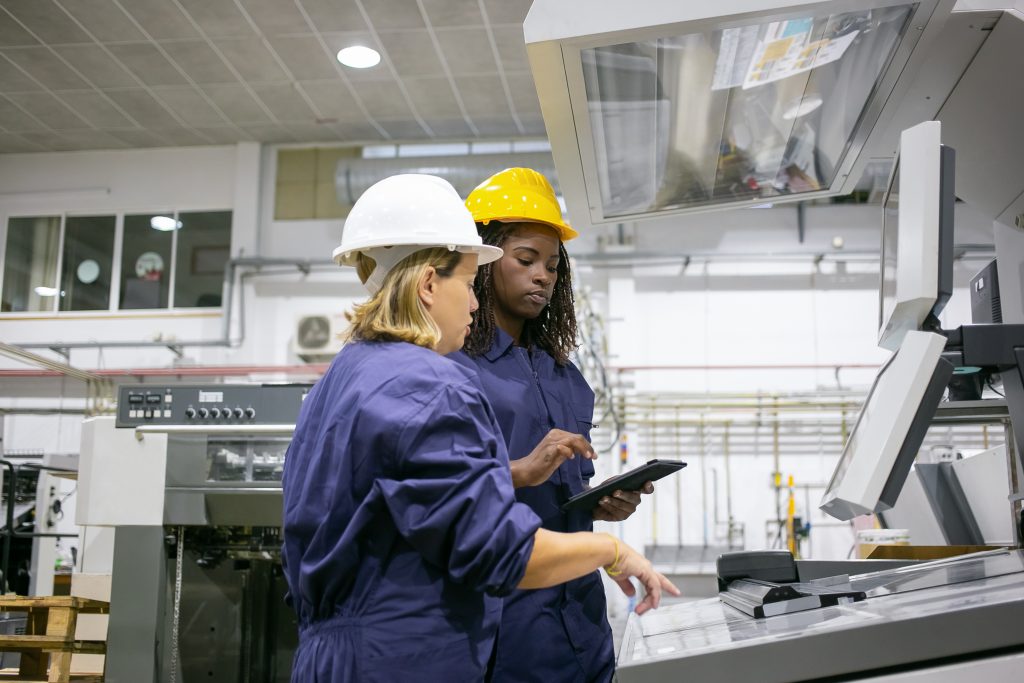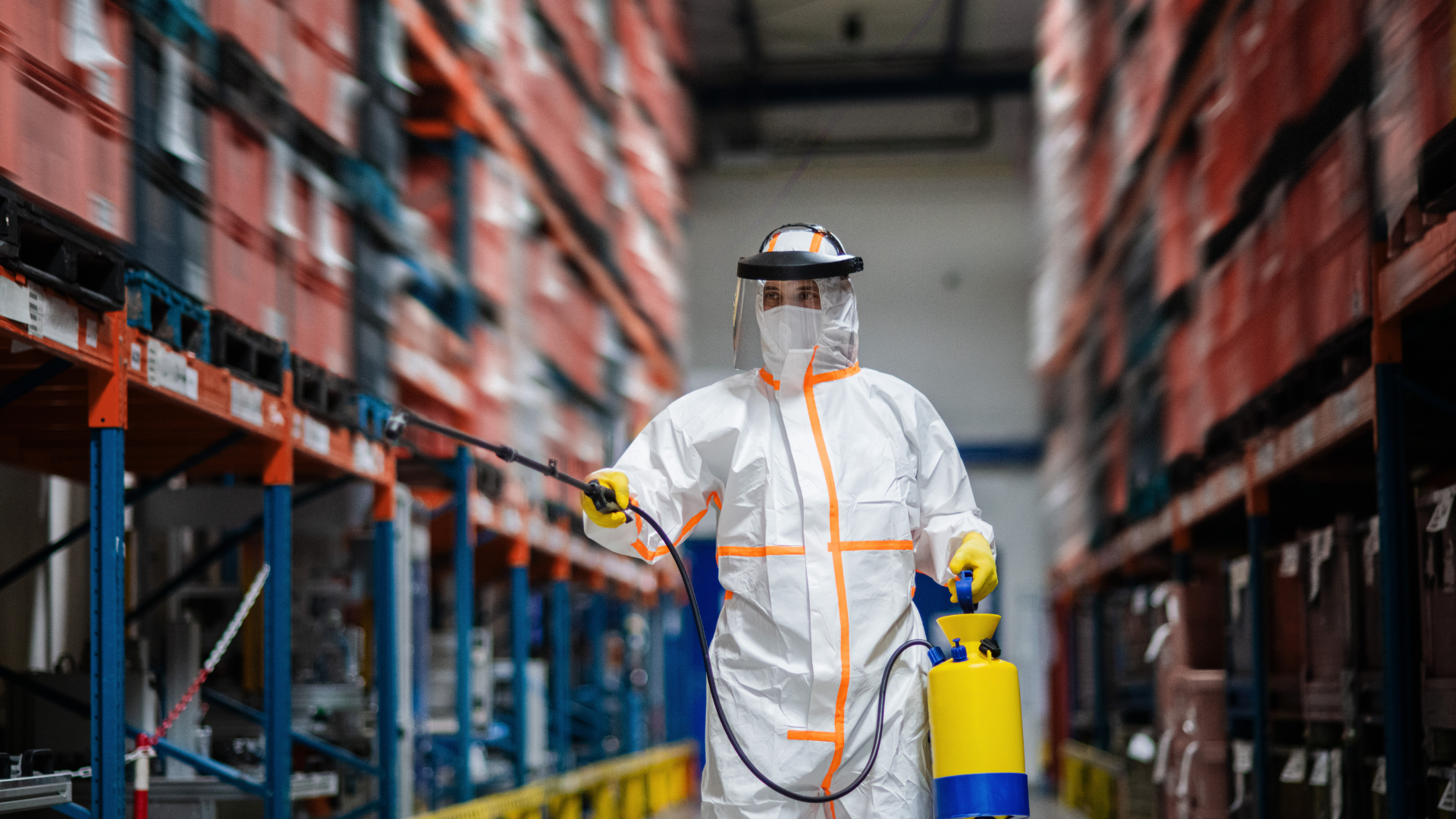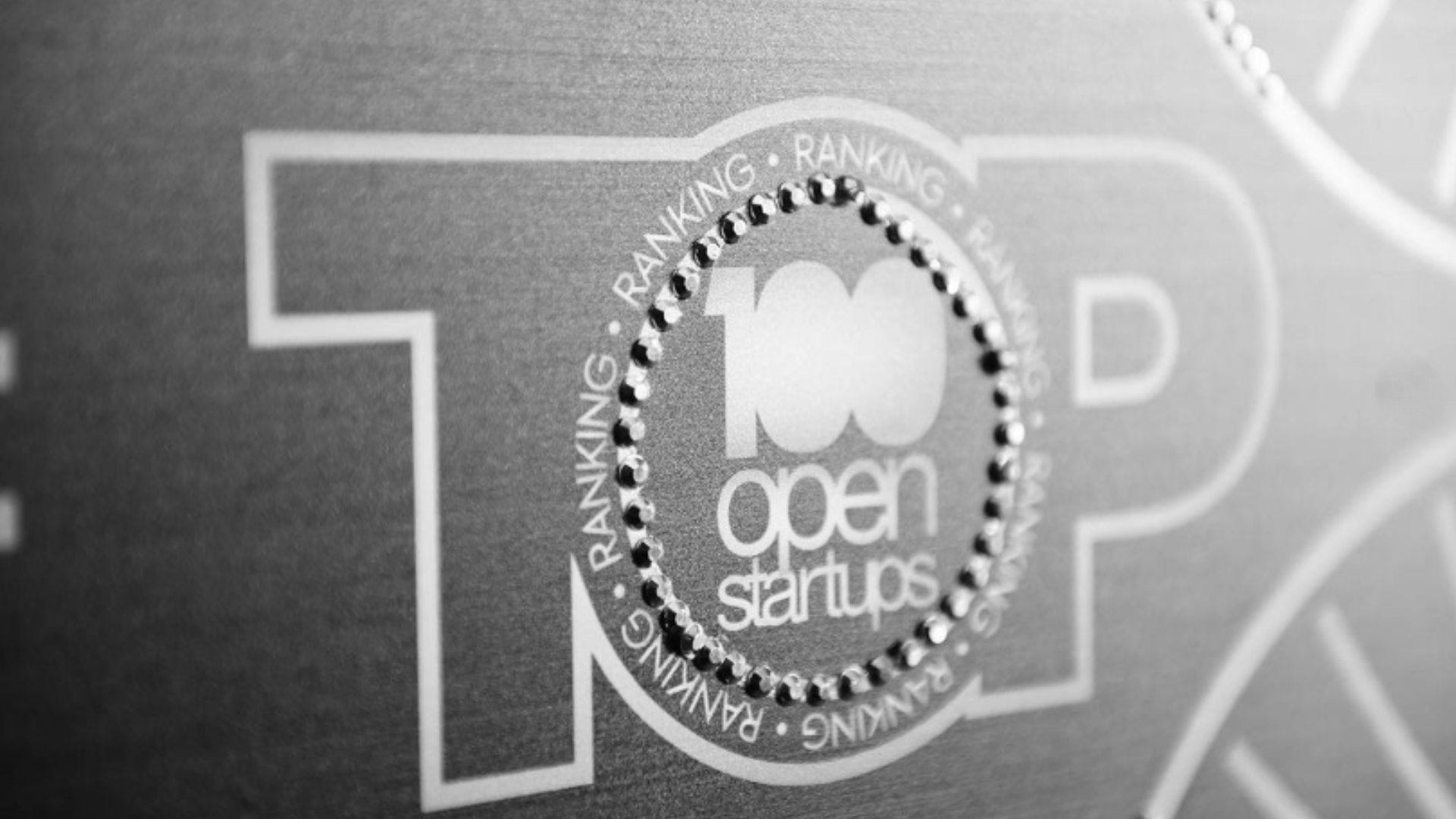PCP (Production Planning and Control) is one of the methods most used by companies in an increasingly competitive market.
Due to the need to develop efficiency, quality and automation, companies adopt this method to secure their place in the industry.
In this article, we will discuss the concept of Production Planning and Control, its functions and why it is essential for your company.
>> Read also: Develop a software or hire a ready-made one? Know the best decision
What is Production Planning and Control?
The PCP (acronym for: planning and production control) is a process to assist in the production control of an industry. He manages the operational resources of the company.
The PCP aims to meet the plans established at the strategic, tactical and operational level in the best possible way. It is critical to ensuring that production runs efficiently, planning when, how much, where and how to produce, as well as ensuring progress according to plan.
That is, without adequate planning and production control, your company's performance may fall, resulting in a drop in competitiveness.

The objectives of the PCP
The PCP is based on a few questions to define its objectives. These questions are:
- When to produce?
- How much and where to produce?
- In what order to produce?
- Is production following plan?
- When to produce?
- How much and where to produce?
- In what order to produce?
- Is production following plan?
These questions can be classified respectively as: programming, loading, sequencing and monitoring.
By following this organization, it is possible to systematize the forms of planning, dividing them into objectives.
Let's explore the specific objectives of the PCP behind these questions.
Production Schedule
Scheduling production means assessing the total demand to be produced, forecasting deadlines for production and defining when each productive activity should be performed.
You can organize this topic in two ways:
- Schedule production ahead: in this category, priority is given to minimizing the delivery time by scheduling the execution of tasks.
- Schedule production backwards: In this category, the focus is on minimizing allocated resources and time. It is possible by determining at what time a task must achieve a certain goal.
Loading machines and workstations
This step is related to the loading and calibration of the equipment involved in the production process. It is divided into finite or infinite loading, taking into account the capabilities of each station or not.
Production scheduling efficiency is only possible if jobs and machinery are well defined.
Production sequencing and prioritization
The focus is on defining a pattern for the sequence of steps in the production process. Keep an order and define the priority of certain steps and products.
Production monitoring
After defining the objectives and standardizing the stages of the production process, monitoring is necessary to ensure that the processes occur according to plan. This step also inspects, evaluates the quality and monitors the finish of the product.
Regarding the coordination of the production flow, it is necessary to differentiate 2 alternatives: pull control and push control.
At the push control each workstation, when concluding its activities, pushes the material or semi-finished product to the next stage and so on.
no longer pull control when completing a step, the operator pulls the product to the previous step, and so on.
It is at this stage that the company will be able to verify the operation of the machines and the work of the collaborators.
Thus, it is possible to measure the growth and progress of the sector in a given period.
>> Read also: Understand: what is Industrial Management?

Production Planning and Control Stages
To implement the PCP, it is necessary to follow some steps that are divided in a similar way to the objectives of the PCP.
demand forecast
This planning should be done for both the short and long term. It estimates the efficiency of the machines and the volume of demand.
Production capacity planning
Collecting the data analyzed in the previous stage of demand forecasting and adapting production capacity to demand is the objective of this stage. It is necessary to define what changes must be made so that it is possible to achieve the objectives.
Aggregate production planning
It consists of defining strategies based on the previous steps, taking into account data such as production volume, overtime, dismissals and admissions, etc.
master production schedule
Focus on short-term demands. During this period, resources are directed to meet the demand at that time.
Detailed production schedule
In this step, the daily operations are determined. It is the planning of routine and activities.
production control
Once the planning is done, it is necessary to control production to ensure that everything goes according to plan.

Main advantages of Production Planning and Control
Implementing Production Planning and Control in your company will bring many benefits, so we will highlight the main advantages of PCP in your day-to-day business!
Cost reduction: As the PCP defines the quantity of items to be produced and with which resources they will be produced, your company will be able to reduce costs and waste. That is, the more control the less losses. Besides, it also reduce manpower time.
Support for decision making: as the PCP enables the control of production processes through data collection, the previously collected information can help you to make more assertive and strategic decisions.
Systematized production process: through control over the production process, production becomes systematized. Thus, the process becomes more agile, organized, safe and efficient, in addition to minimizing errors and failures, increasing the quality of the product/service.
Better results: By adopting the PCP, your company's results improve. After all, through it it is possible to identify the strengths and weaknesses of production and logistics, in addition to identifying problems and enabling them to be resolved. It also helps to optimize the workforce, keep stock at optimal levels and set goals.
>> Read also: Production System: what is it and how to implement it?

How can BMS help me to implement MPC in my company?
Bearing in mind the importance of Process Planning and Control, the BMS Technology developed a system that performs all the steps mentioned above in an efficient and automated way.
O BMS Manufacturing 360 enables controlled and automated industrial processes, reducing errors and increasing the efficiency of the production line, thus complementing the fourth objective of PCP.
It operates through statistical control of preventive processes, enabling controlled and automated processes, in addition to allowing immediate and assertive decision-making.
Our platform also helps your company reduce 95% of waste, and provides tools such as: analytical dashboard, multiplatform access and versioning control. Tools that help in the application of the second, third and sixth stage of the PCP.
That is, when implementing BMS Manufacturing 360 it will optimize all stages of PCP implementation in your business and intensify the benefits that PCP guarantees, in addition to providing advantages that are only possible with BMS.
Do not lose the competitiveness and quality of your business, implement the Production Planning and Control and let the BMS Manufacturing 360 take care of the rest!

















